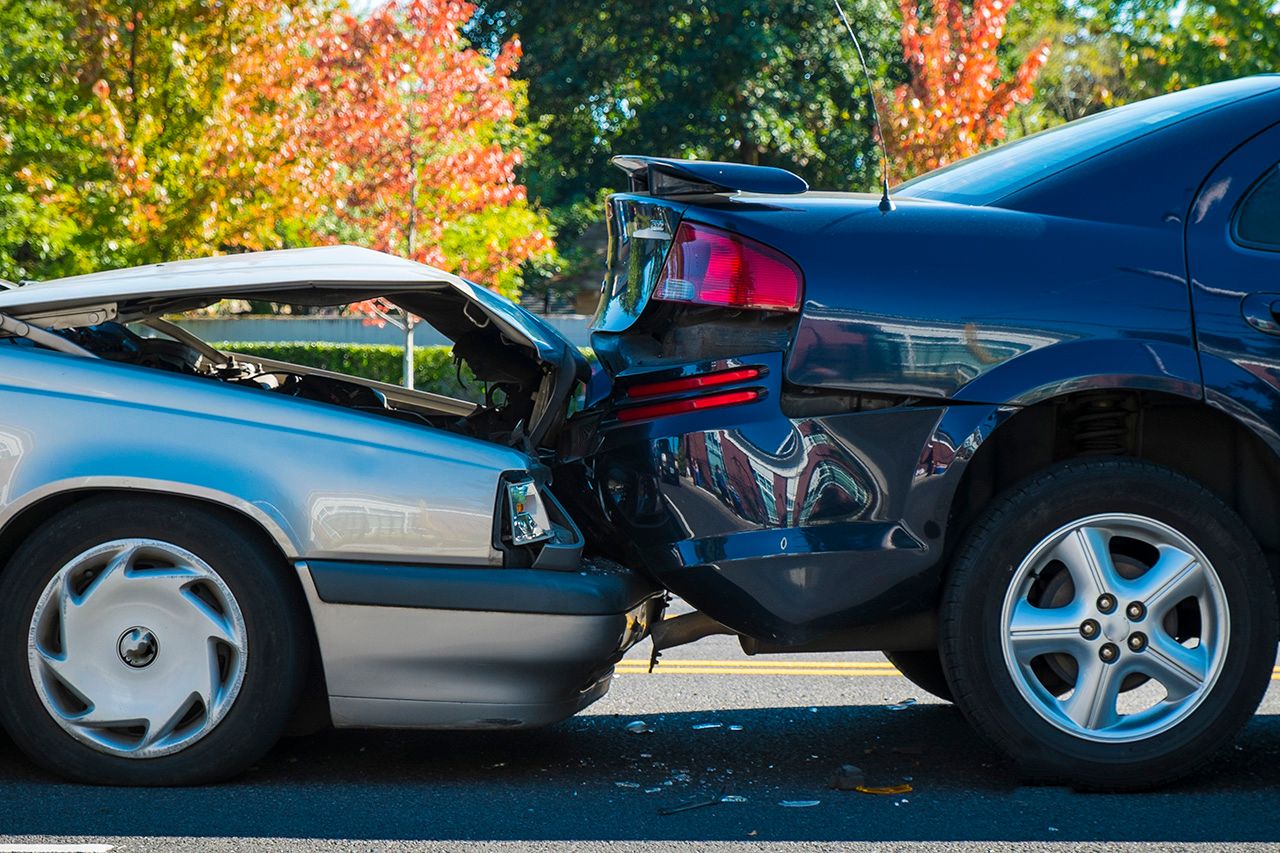Given that the claims process can be confusing and tedious, we have put together a mini guide on what to do if you find yourself in an auto accident and need to file a claim with your insurance company.
1. Contact Your Car Insurance Company
Unless you need to dial 911 immediately because someone involved in the accident needs medical care, reach out to your insurance rep, and let them know the details. Have your policy number handy, if possible (it will be on your insurance card), and be ready to give the following information:
- Which vehicle on your policy was involved in the accident
- Location of the accident
- The time of the accident
- Who was driving the vehicle
- A basic restatement of what happened
- The name and auto insurance company of the other driver(s) involved — if any of the other drivers are uninsured, be sure to relay this information to your rep
- Names and contact information of any witnesses
Be sure to write down the claim number you are given and the name and phone number of the insurance rep you spoke to so you can reference the information later if needed.
2. File a Police Report
While you do not have to call the police to come and investigate the scene, if there is some confusion or disagreement over what happened, it is useful to have an official report of what happened. Regardless of when you call the police, you will need to file a police report and supply your insurance adjuster and insurance representative with a copy of the accident report in most scenarios.
3. Log Onto Your Insurance Company's Mobile App
If your insurance company has a mobile app, log on and begin filling out any claims documents. You should also be able to check on the details of your insurance policy, including your deductible and any benefits such as a rental car, roadside assistance, or towing help, etc.
4. Communicate with the Insurance Adjuster
Next, you will need to talk to the claims adjuster assigned to your claim. You will be asked for information and often for clarification. If you took any photos or videos, be sure to give these to the adjuster and give any witness information if available.
Depending on the type of coverage you have, the adjuster will also probably look over your vehicle to assess the amount of damage caused. If your insurance covers repair costs, the adjuster will recommend repair shops where you can take your vehicle. Sometimes insurance companies have contracts with certain repair shops and may require you to take your vehicle there.
After the adjuster has completed their investigation, your insurance company will review the adjuster’s report and determine how much they will pay you for car repairs, medical bills, etc. Variables such as your coverage, vehicle damage, any medical expenses, and more will impact the compensation you receive.
5. Mind Time Limits
As you work with the adjuster, make sure to pay attention to any and all time limits related to your claim and any report filing and acceptance. Should you miss a deadline, you could forfeit any payments you are due. Once the final payment is agreed upon, all you will have left to do is sign a release stating you accept the offer your insurance company offers to receive the payment you are owed.
Other Considerations
Keep in mind that other considerations can make filing an auto insurance claim different than the steps outlined above. For instance, needing to sue the other driver for losses or medical bills, living in a no-fault state (Texas is an at-fault state), being the one at fault if there was other property damage that occurred beyond just vehicle damage, etc.
Do you need auto insurance? TDECU has auto insurance policies to fit your budget and insurance coverage needs. Learn more today.
